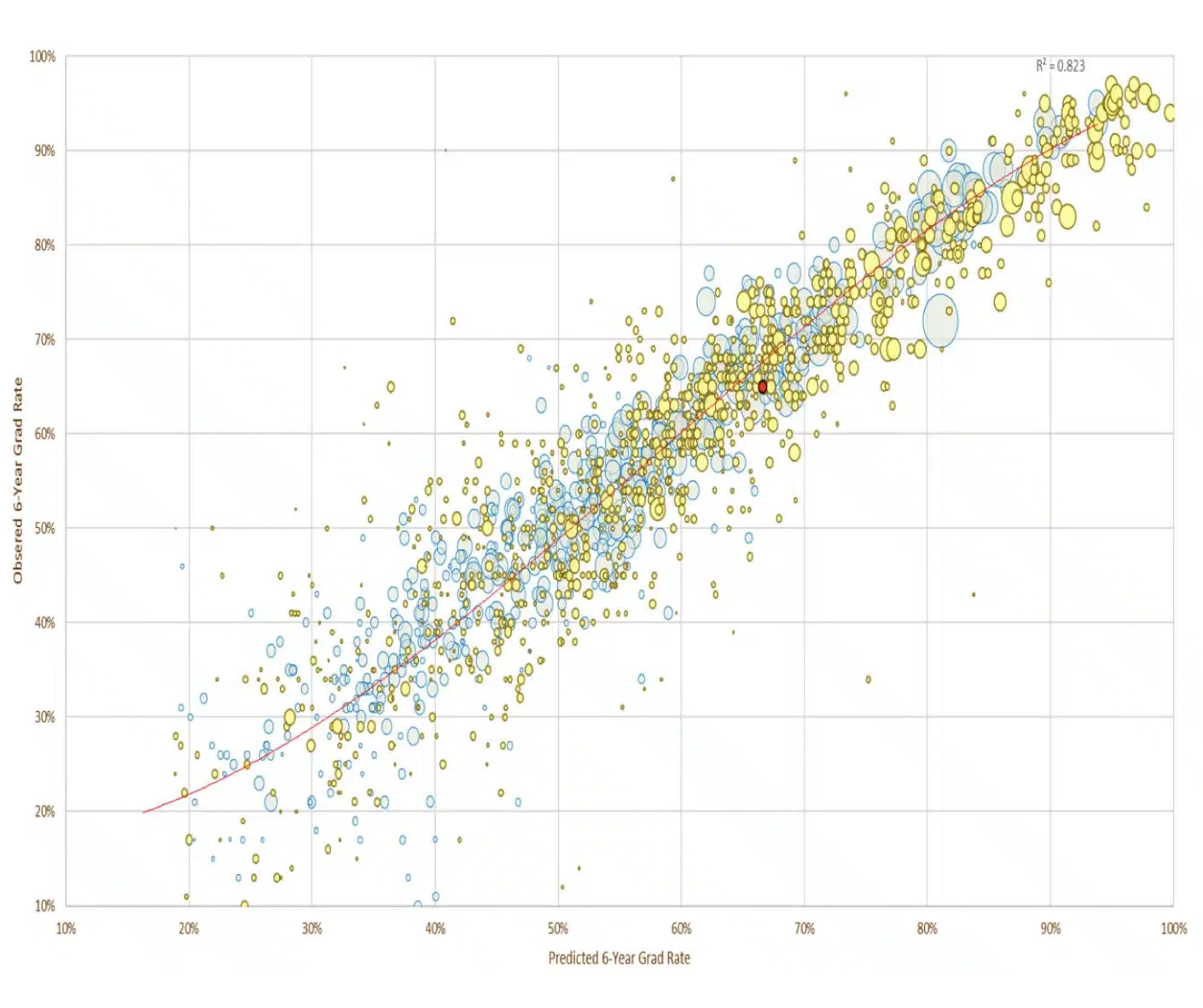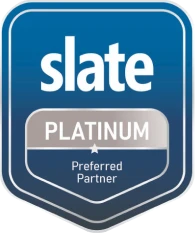Backed by over 35 years of experience, HCE’s R&D Group delivers custom research using best-in-class quantitative and qualitative methods to support critical decisions in curriculum design, pricing, retention, and market positioning.

Clients receive strategic briefs tailored to their institutional context, along with integrated data models, visual benchmarking tools, and customizable rubrics for pricing, retention, and market analysis.
Optional plug-and-play data cubes and executive-level presentations led by HCE’s subject matter experts are also available to support deeper analysis and strategic decision-making.
As a Certified B Corp, HCE integrates social purpose and ethical analysis into every project—keeping equity, access, and sustainability at the forefront of our work.
Our research services foster institutional self-awareness, rooted in an “analysis-with-conscience” ethos, that supports both mission and margin.
Combine external trend and market analysis with internal performance assessment to create a comprehensive, data-informed plan for your institution’s long-term success.
Map your institution’s market position through systematic analysis and benchmarking against peer and competitor institutions—delivering takeaways that inform strategy and strengthen competitive advantage.
Gain a clear picture of institutional financial health through comprehensive stress analysis, paired with macroeconomic trend analysis to inform pricing strategies and long-term financial planning.
Leverage regional and national demographic projections and enrollment trend analysis to anticipate shifts in student demand and shape strategic recruitment planning.
Assess the core academic offerings of your institution through rigorous comparative analysis—ensuring your programs continue to reflect and strengthen the identity, value, and long-term success of your college or university.


Our variable pricing options are designed to match your specific needs—delivering the right scope, data depth, and outcomes to fit your goals.
Our flat-fee custom engagement option is ideal for clearly defined research goals and timelines tied to special projects, providing clarity, focus, and budget certainty.
Opt for retained research advisory to receive expert, continuous support tailored to your institution’s evolving research needs and priorities.
Thriving institutions aren’t just collecting data — they’re acting on it. We’ll help you turn insights into impact so you can stay ahead of the curve.


2025
© Human Capital Education